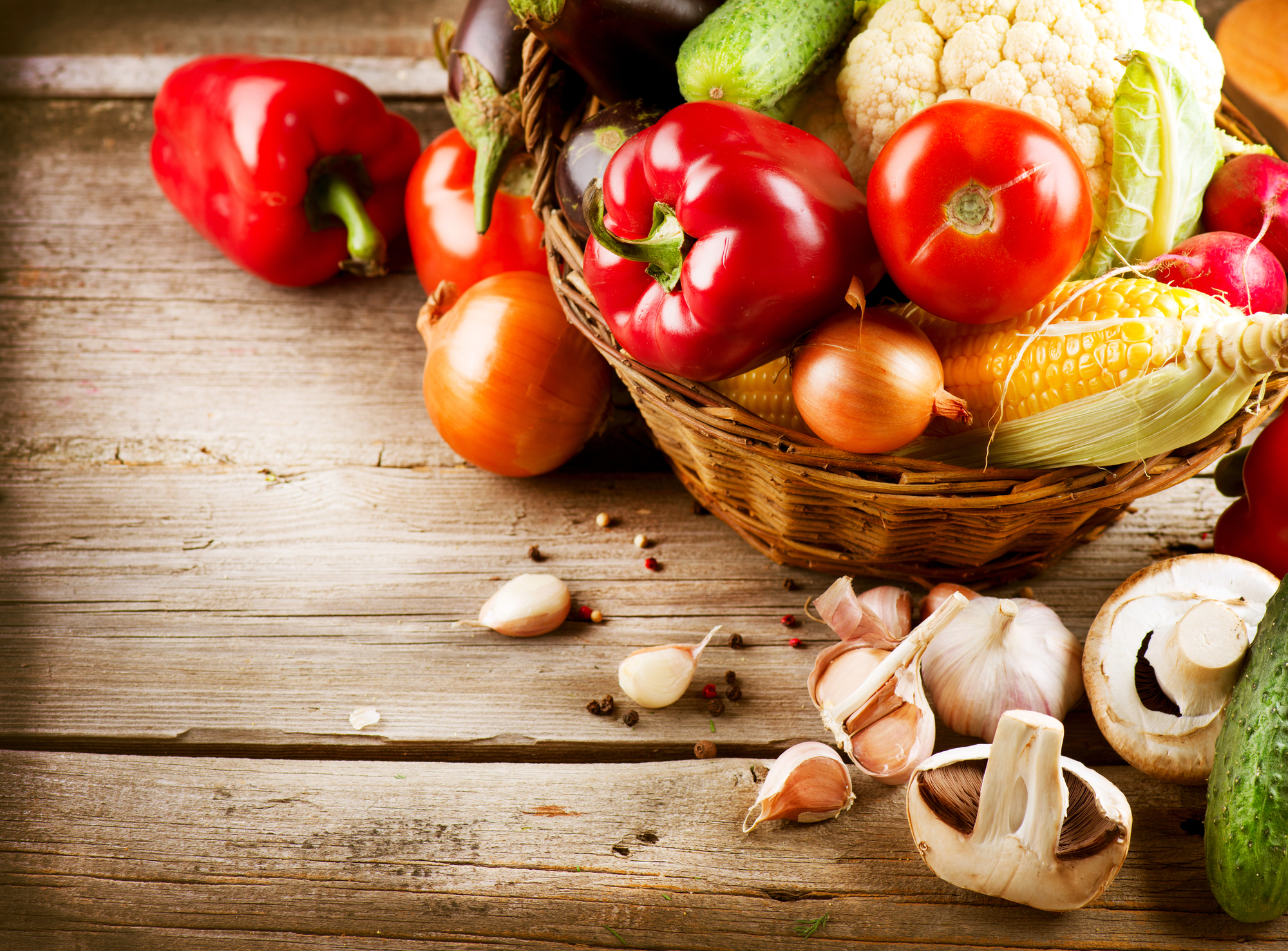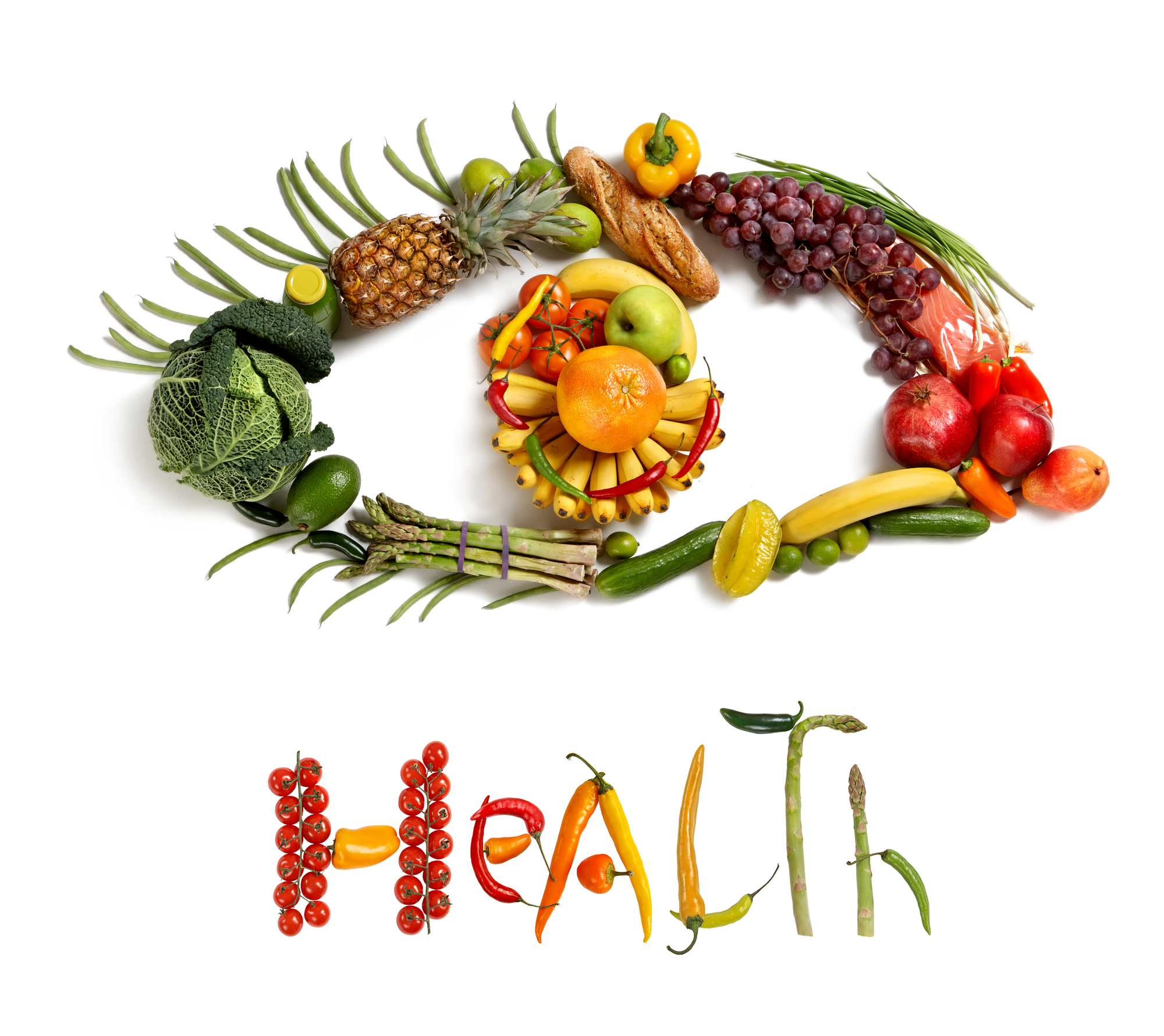Our Blog
The Worst Foods For a Leaky Gut

As busy individuals, it’s easy to explain away symptoms of fatigue, digestive problems, joint pain, and insomnia. We think that they’ll go away eventually as it’s probably nothing serious; but, what if it was something serious? What if these symptoms were actually a sign of leaky gut syndrome?
What is a Leaky Gut?
If the name “leaky gut” sounds strange, you’re not alone. In fact, it is a relatively new term that some doctors are not even familiar with. More specifically, it is referring to increased intestinal permeability or intestinal hyperpermeability.
When the intestines are working correctly, it will create a tight barrier that dictates what can get absorbed by the bloodstream. If it is unhealthy, it may have holes that are large enough to allow toxins, bacteria, and even partially digested food into the bloodstream and tissues below. As a result, inflammation may occur and the gut flora can be greatly impacted leading to issues with the digestive tract and other parts of the body.
The Symptoms
If harmful substances are able to enter the intestines and bloodstream, this can actually cause an autoimmune response within the body. This may lead to symptoms such as migraines, eczema, food allergies, chronic fatigue, irritable bowel, and rheumatoid arthritis, just to name a few.
Additionally, leaky intestines also mean that proper absorption is not taking place and essential nutrients are being missed. Along with nutritional deficiencies, the immune system can be impacted and hormonal imbalances could result.
Foods to Avoid
One of the best ways to improve intestinal hyperpermeability is through diet. While every person is different, there are some common foods that increase gut irritability and should be avoided as much as possible:
- Processed snack and junk food – fast food, crackers, cereals, popcorn, chips, candy bars
- Dairy products – milk, cheese, ice cream
- Baked items – cookies, cakes, muffins, pies
- Artificial sweeteners – saccharin, sucralose, aspartame
- Certain beverages – carbonated beverages and alcohol
- Sauces – hoisin, soy, and teriyaki sauces, as well as dressings
- Processed meats – hot dogs, bacon, and deli meats
- Wheat and gluten products – bread, pasta, barley, oats, and rye
Foods to Incorporate
While that list may seem quite extensive, there are several foods that can be incorporated to promote a healthy gut. These include:
- Meats and eggs – preferably lean cuts of turkey, chicken, beef, and lamb
- Fish – tuna, salmon, and herring
- Nuts – raw nuts and nut products like nut milks
- Vegetables and Fruit – broccoli, cabbage, arugula, carrots, grapes, bananas, raspberries, kiwi, and many more
- Healthy Fats – avocado oil, extra virgin olive oil, coconut oil
- Fermented vegetables – sauerkraut, tempeh, and kimchi
- Sprouted seeds – chia seeds, sunflower seeds, flax seeds
How Functional Nutrition Can Help
If you would like further information on leaky gut syndrome and how it could be impacting your life, it may be time to find a functional doctor. At the Gut Authority, we are passionate about teaching our patients about the body, how it should function, and steps to take to improve it. So call today and see how we can help you live a healthy, fulfilling life!



